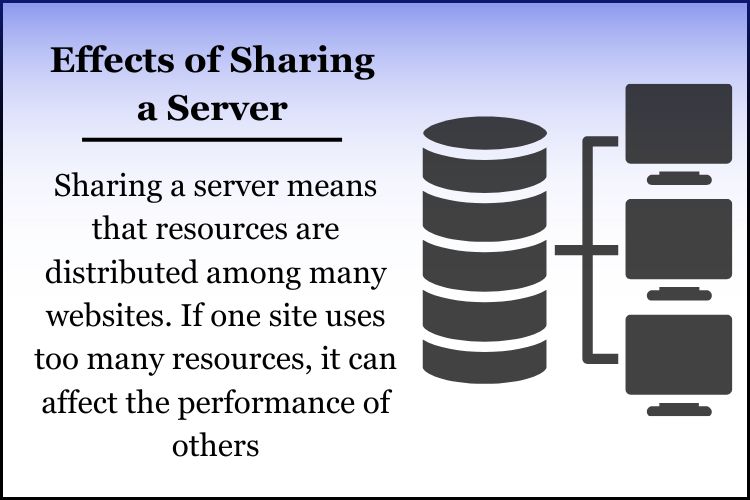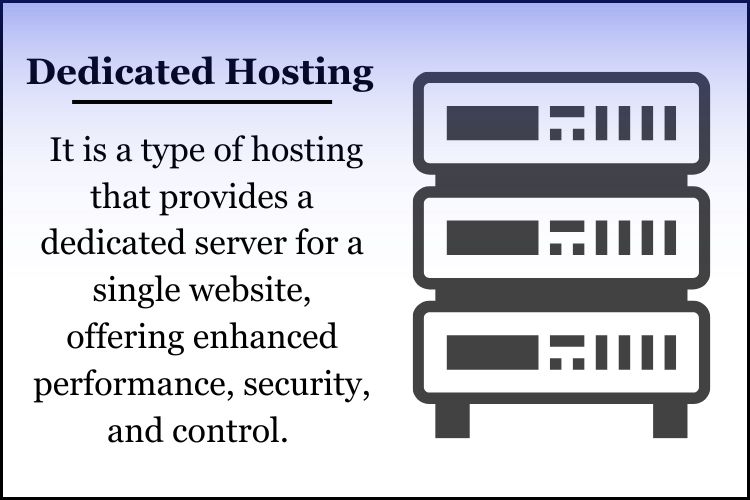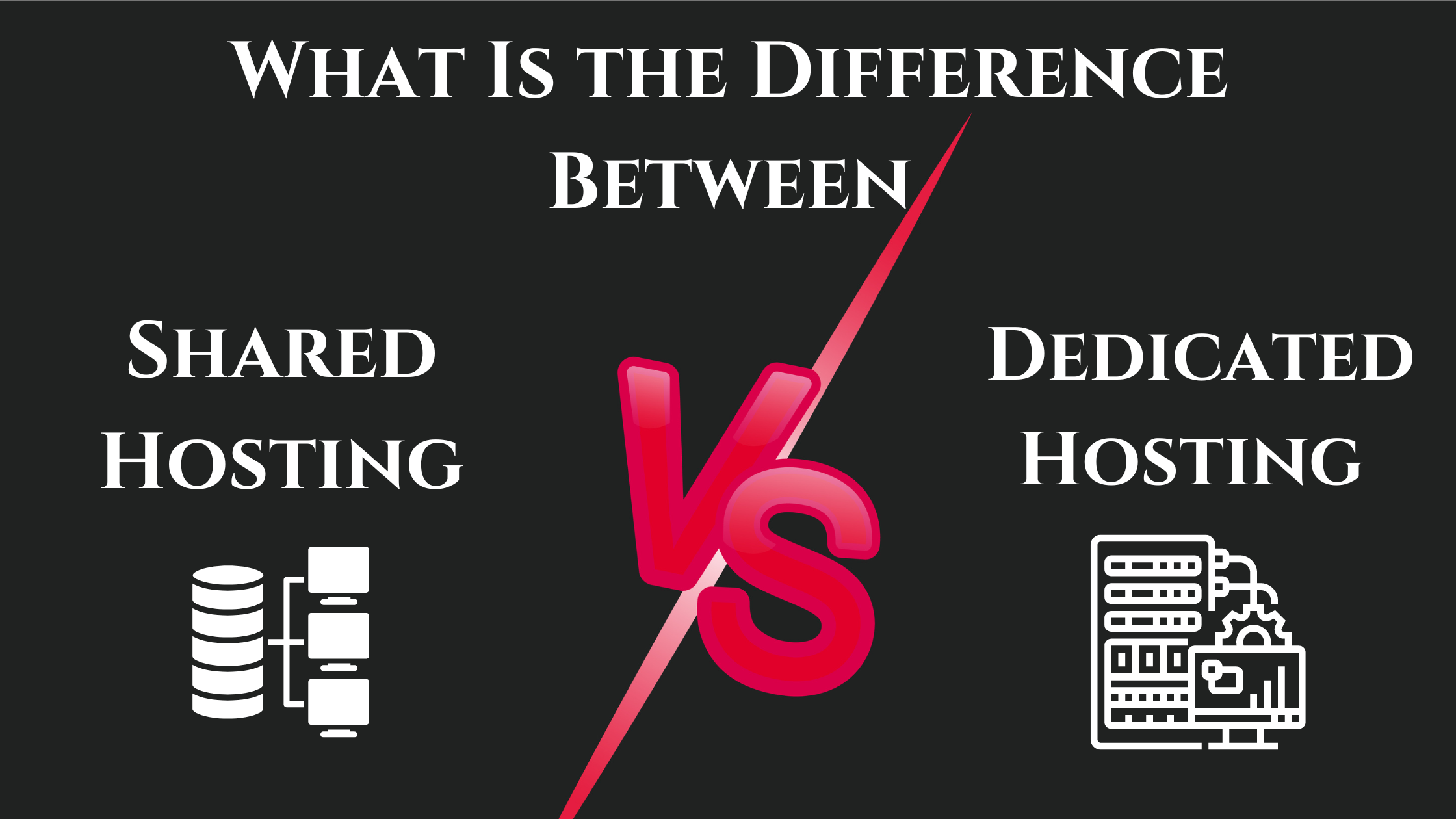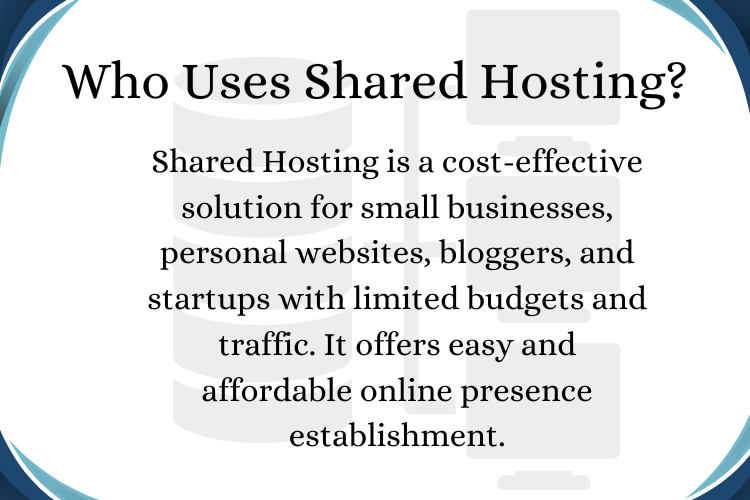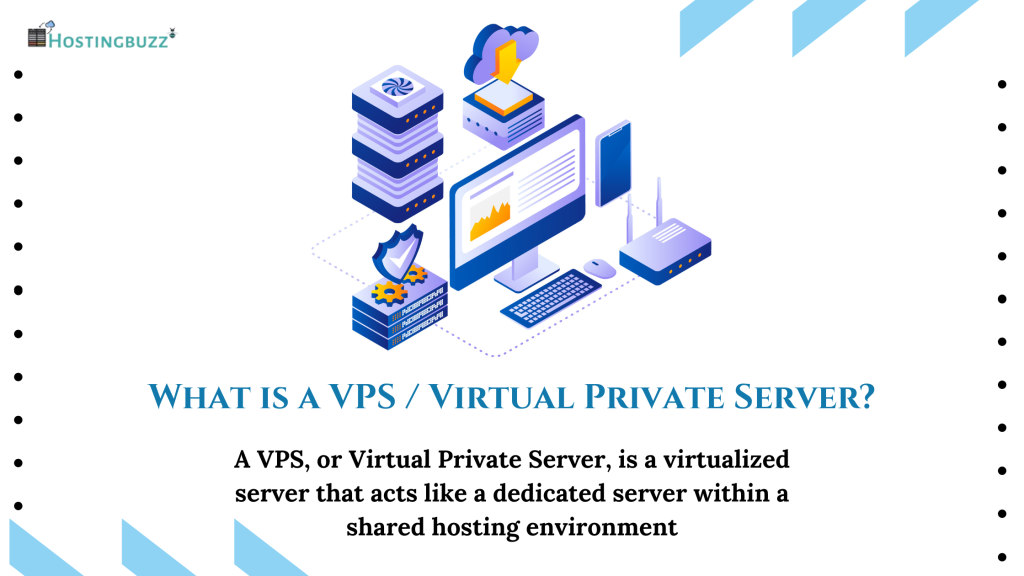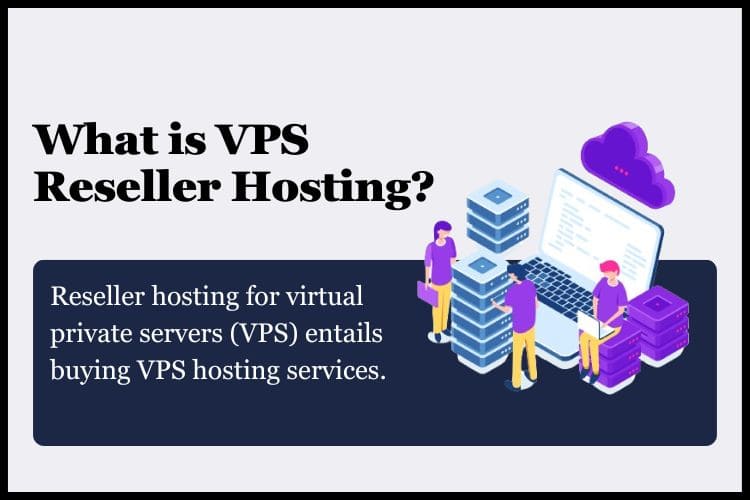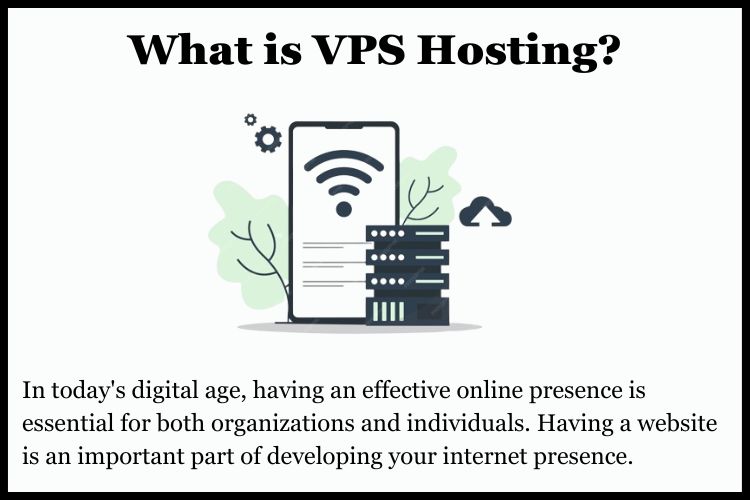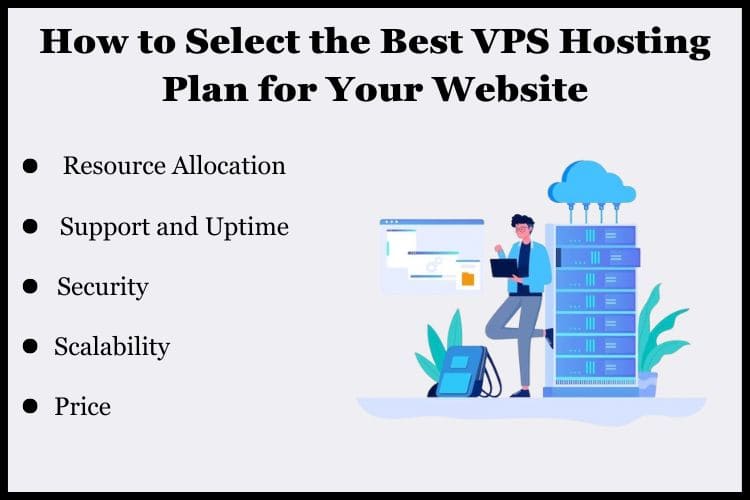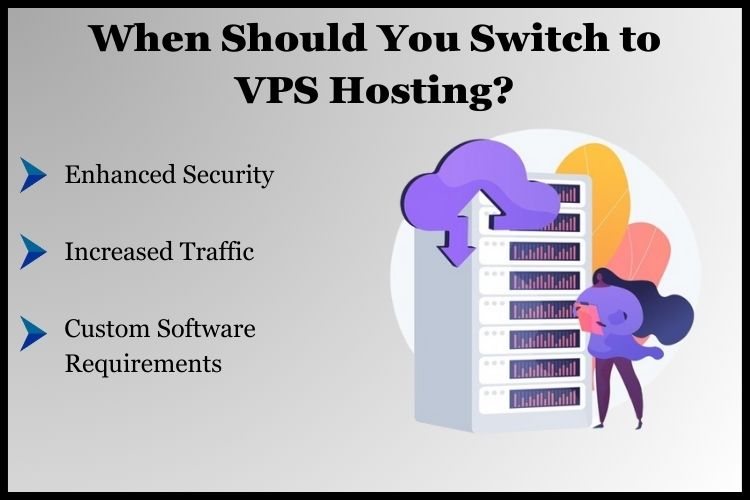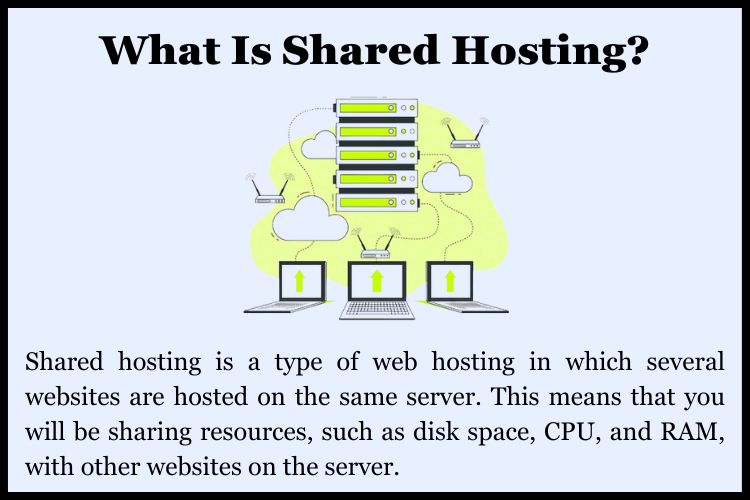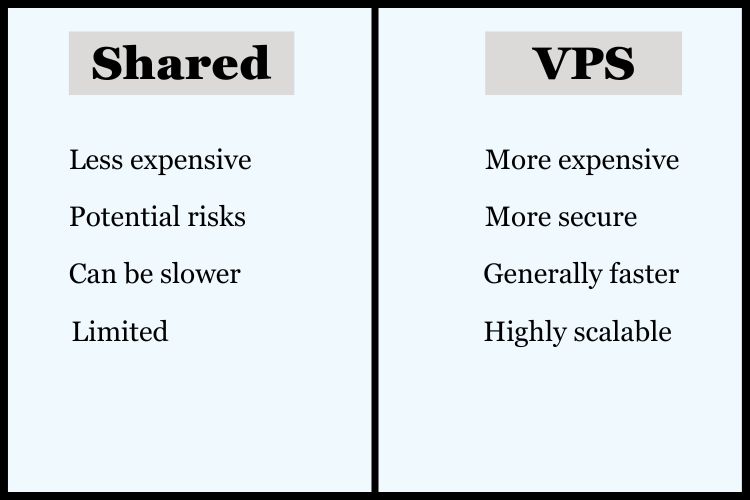-
Aug, Tue, 2024
How Much RAM Required for a VPS?
When setting up a VPS (Virtual Private Server), choosing the right amount of RAM is essential. RAM, or Random Access Memory, directly impacts the performance of your VPS, influencing how well your applications run and how many tasks you can handle simultaneously. This guide will help you understand how much RAM is required for different VPS uses.
What is RAM?
RAM is a computer memory that temporarily stores data that the CPU needs to access quickly. Unlike permanent storage like SSDs or hard drives, RAM is volatile, meaning it only holds data while the system is powered on. It plays a critical role in the speed and efficiency of a server, allowing applications to run smoothly and enabling the server to handle multiple tasks at once.
Why is RAM Important to Choose the Right Amount for Your VPS Plan?

Choosing the right amount of RAM for your VPS plan is crucial for several reasons. Firstly, it affects the server’s performance; insufficient RAM can lead to slow load times and server crashes. Secondly, having the appropriate RAM ensures that your applications run efficiently and can handle increased traffic without performance issues. Lastly, choosing the right amount of RAM can optimize costs by preventing over-provisioning and ensuring you only pay for what you need.
Selecting the optimal amount of RAM for your VPS is especially important if you are considering options like best Windows VPS, Windows VPS hosting, or a cheap Windows VPS in India. These choices can provide the flexibility and affordability needed for different hosting requirements. Companies like Hostingbuzz offer a range of VPS solutions tailored to various needs, ensuring that you get the best performance and value for your investment
The Amount of RAM You Need for Different Purposes
The amount of RAM required for a VPS depends on the specific use case. Different applications and workloads have varying RAM needs.
How Much RAM Do You Require for Your Website or VPS Server Management?
For a standard website or basic VPS server management, you generally need between 1 GB and 2 GB of RAM. This amount is sufficient for running a personal website, a small business site, or handling basic server management tasks. With 2 GB of RAM, you can manage simple applications, basic databases, and low to moderate traffic levels without any issues.
How Much RAM Does Your eCommerce Store Require?
Running an eCommerce store demands more resources due to dynamic content, user interactions, and payment processing. Typically, you need at least 4 GB of RAM for an eCommerce site.
This amount ensures smooth operation and handles higher traffic volumes, multiple simultaneous transactions, and integration with other applications such as CRM and inventory management systems. For larger eCommerce platforms, 8 GB or more may be necessary to maintain optimal performance.
How Much RAM Do You Use for Your WordPress Blog?
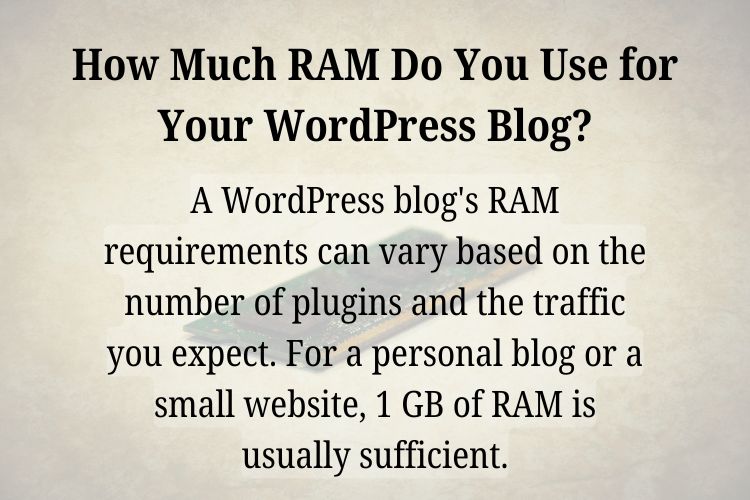
A WordPress blog’s RAM requirements can vary based on the number of plugins and the traffic you expect. For a personal blog or a small website, 1 GB of RAM is usually sufficient. However, for a more complex WordPress site with moderate traffic and several plugins, 2 GB to 4 GB is recommended. This ensures that the site remains responsive and capable of handling content management tasks efficiently.
How Much RAM Do You Require for Running Multiple Websites?
When hosting multiple websites on a single VPS, you will need more RAM to accommodate the additional resource demands. A VPS with 4 GB to 8 GB of RAM is generally suitable for managing multiple sites, especially if they have moderate traffic. More RAM allows each website to have its share of resources, preventing slowdowns and ensuring smooth performance across the board.
Gaming servers are resource-intensive and require a significant amount of RAM to function effectively. For a basic gaming server, 8 GB of RAM is typically the minimum requirement. However, for a more demanding gaming server hosting popular games or handling numerous players, 16 GB or more may be necessary.
Adequate RAM ensures that the gaming environment remains responsive and capable of handling real-time interactions without lag.
Conclusion
Choosing the right amount of RAM for your VPS is essential for optimal performance and cost-effectiveness. Whether you’re hosting a website, managing an eCommerce store, or running a gaming server, assess your specific needs to determine the appropriate RAM allocation.
With options like Windows VPS and cheap VPS hosting in India, you can find solutions that fit your budget and performance requirements, ensuring a smooth and efficient hosting experience.










